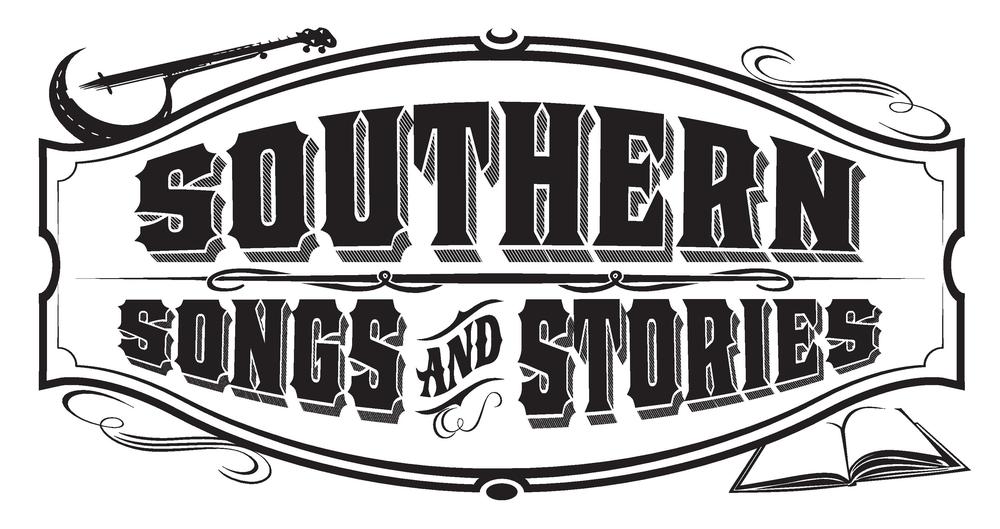 Dave Davis is a Grammy-nominated mastering engineer who heads recording, licensing and services company All Night Party in Cincinnati, Ohio.
Dave Davis is a Grammy-nominated mastering engineer who heads recording, licensing and services company All Night Party in Cincinnati, Ohio.
I first met Dave in 2006, when I travelled to his old studio, Sound Images, to assist WNCW engineer Dennis Jones in the mastering of our station's live CD series, Crowd Around the Mic.
Dave takes a broad view of our topic and I hope you enjoy reading his article. Please feel free to comment here or email us at linguamusicashow@gmail.com to weigh in. We will continue the series as long as there are comments and articles from people like you!
Thanks for visiting Lingua Music, where music is the universal language. - Joe Kendrick
--------------------------------------------------------------------------------------------------------------------------------------
I think there is something very good happening in culture broadly, not just music: we're moving away from an emphasis on "things" and towards "uses" and experiences. It is most familiar in free apps, sites like Facebook, or Google search. Like TV, no one pays for these, but no one owns anything they "use" either.
This is a generational shift in values, the first giant leap beyond Baby Boom economics since consumer culture went into overdrive in the 80s. Our grandparents, who came of age in the Depression, are more like our children than our parents or ourselves (I'm a tail-Boomer, just ahead of Gen X). They are more comfortable with "software-as-service" models than the churn-and-burn upgrade cycles of the old models, like
Microsoft and
Intuit. They'll pay if and when it proves useful, and some feature seems worth the asking price. The same notions are applied to music!
Spotify and
Pandora "rent" music via subscription (like cable) or ads (like TV and radio), and in many ways out-perform owned-music. For instance,
iTunes purchases won't play nearly as fast as Spotify can return a playable link, or Pandora can generate a whole "playlist" based on your tastes. This is significant because Apple is currently and historically the worlds largest music retailer. If Spotify or Pandora slow down their growth with "borrowed" music, paid for via ads at below market rates, then everything changes.
This isn't to say these changes are inherently good. Rather, they're simply not automatically bad. The devil's in the details, and to date this approach has not created as many jobs as it has destroyed. But that is how things go: it takes longer to build than it takes to destroy. We have a long way to go, and the first step is for fans to adopt and feed the networks they most prefer. If Spotify works for you, but you hate Pandora, paying for a subscription there can't hurt. If any of these new channels work for you, it makes sense to avoid file sharing sites, and cut the cord entirely. Most important, fans need to recognize that in the 20th Century the true peak experiences in music happen on records, not in concert halls. Albums create a new kind of space, existing outside of time entirely. The Beatles made
Sgt.Peppers (and ultimately broke up) because the stages and sound systems of their day could not support their creative vision.
Albums are more like painting, while performance is more like dancing; always a time-delimited event, never as good or as fun on tape as it was in reality. I have attended and worked literally thousands of shows, but only 3 stand out as peaks. At the same time, out of hundreds of albums I own, I have dozens of favorites. More importantly, most performers do not improve with age, and the ability to play well is limited by physical health and environment. Artists cannot build careers in a performance-only economy, where every check requires a gig. Albums, licenses and recorded music has no such limitation, and must be part of our ultimate solution.
-Dave Davis
 Dave Davis is a Grammy-nominated mastering engineer who heads recording, licensing and services company All Night Party in Cincinnati, Ohio.
Dave Davis is a Grammy-nominated mastering engineer who heads recording, licensing and services company All Night Party in Cincinnati, Ohio.